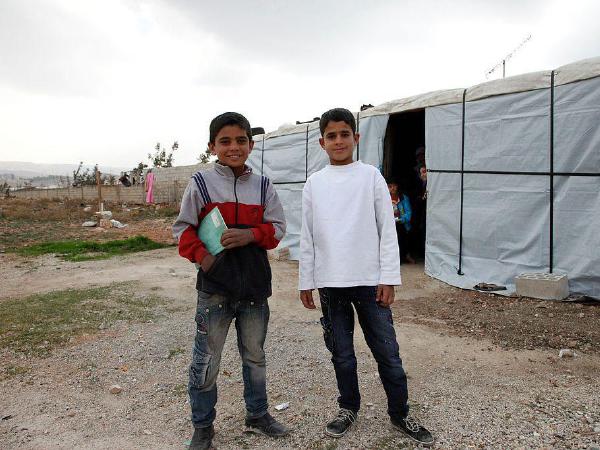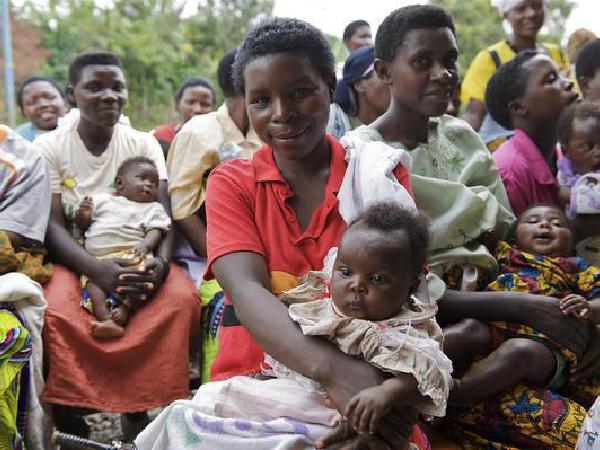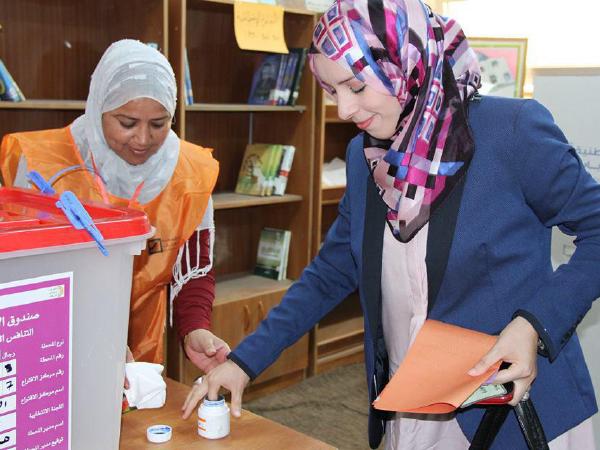ICT4D
2015

Creating and Using Open Source: A Guide for ICT4D Managers
Choosing an open source product or platform upon which to build an ICT4D service is hard. Creating a sustainable, volunteer-driven open source project is even harder. There is a proliferation of open source tools in the world, but the messaging used to describe a given project does not always line up with the underlying technology. For example, the project may make claims about modularity or pluggability that, upon further investigation, prove to be exaggerations at best. Similarly, managers of ICT4D projects may be attracted to Open Source because of the promise of a “free” product, but as we’ve learned through trial and error at Caktus, it’s not always less costly to adapt an existing open source project than it would be to engineer a quality system from the ground up.

Cakti at CRS ICT4D 2015
This is Caktus’ first year taking part in the Catholic Relief Service’s (CRS) Information and Communication Technologies for Development (ICT4D) conference. The theme of this year’s conference is increasing the impact of aid and development tools through innovation. We’re especially looking forward to all of the speakers from organizations like the International Rescue Committee, USAID, World Vision, and the American Red Cross. In fact, the offerings are so vast, we thought we would provide a little cheat sheet to help you find Cakti throughout this year’s conference.

Marketplace Radio Highlights How Service Info App Helps 1.5 Million Syrian Refugees
Recently, one of our projects, Service Info, received national attention thanks to a Marketplace interview. American Public Media’s Kai Ryssdal spoke with International Rescue Committee CEO David Miliband about how Service Info is helping 1.5 million refugees of the Syrian conflict in Lebanon. The Syrian conflict is one of the worst ongoing humanitarian crises, accounting for the majority of the world’s refugees.
Why RapidSMS for SMS Application Development
Caktus has been involved in quite a few projects (Libyan voter registration, UNICEF Project Mwana, and several others) that include text messaging (a.k.a. Short Message Service, or SMS), and we always use RapidSMS as one of our tools. We’ve also invested our own resources in supporting and extending RapidSMS.

PyCon Blog Features Caktus Group
Brian Curtis, the director of the Python Software Foundation, recently interviewed and featured Caktus on the PyCon website. PyCon is the premiere event for those of us within the Python and Django open source communities. Brian writes about our work designing the PyCon 2015 website, our efforts in Libya, and what’s on the horizon in 2015. We’re excited about this recognition!

Caktus Libya Project Makes Top 10 Stories of 2014 for Technology Tank
Technology Tank, a communications and tech think tank, recently ranked their top 10 stories of 2014 and Caktus made the cut. Earlier this year, we shared a story about Libya’s SMS voter registration system. We’re happy to learn that other people were just as excited about our work enfranchising Libyan voters as we are! The list is based on number of visits to the story.
2014

Improving Infant and Maternal Health in Rwanda and Zambia with RapidSMS
Image courtesy of UNICEF, the funders of this project.
I have had the good fortune of working internationally on mobile health applications due to Caktus’ focus on public health. Our public health work often uses RapidSMS, a free and open-source Django powered framework for dynamic data collection, logistics coordination and communication, leveraging basic short message service (SMS) mobile phone technology. I was able to work on two separate projects tracking data related to the 1000 days between a woman’s pregnancy and the child’s second birthday. Monitoring mothers and children during this time frame is critical as there are many factors that, when monitored properly, can decrease the mortality rates for both mother and child. Both of these projects presented interesting challenges and resulted in a number of takeaways worth further discussion.

What was being in Libya like?
Election day voting on June 25th. Image courtesy of HNEC.
Since this interview was done, Libya’s capitol began experiencing more violence. As of today, militias are fighting over control of the Tripoli international airport, the primary way in and out of this section of Libya. We’re keeping our friends and colleagues in Libya in our thoughts in these truly difficult times. This post speaks to the energy and talent of the Libyans we’ve worked with during this challenging democratic transition.

Chapelboro.com: Carrboro Firm Develops Web App to Register Voters in Libya
Chapelboro.com recently featured Caktus’ work in implementing the first ever voter registration system via text message.

TechPresident: Libya Uses World's First Mobile Voter Registration System
Caktus team members from our Libya mobile voter registration team recently spoke with TechPresident about the context and challenges of implementation.